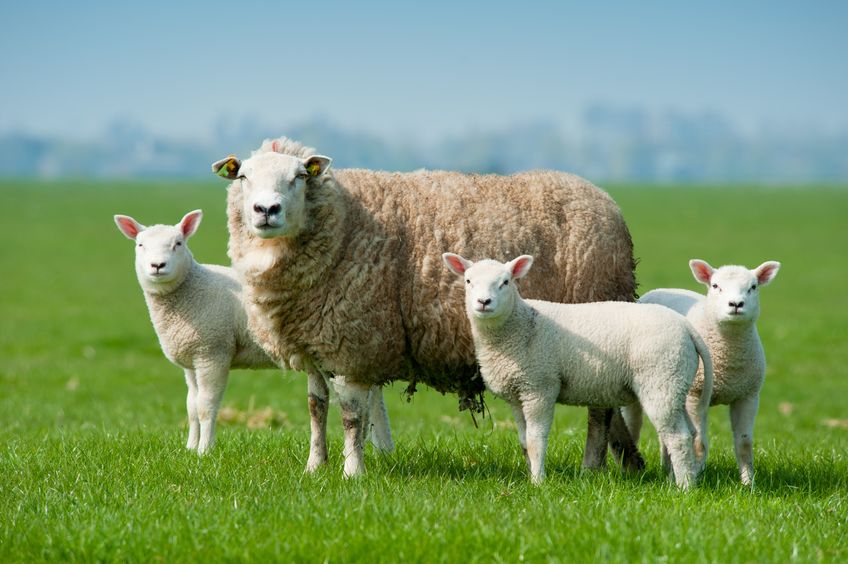
Guidance has been issued to Wiltshire residents on sheep rustling prevention following reports of some 200 sheep thefts in just three months.
'Skilled handlers' have targeted farms in and around the Wiltshire countryside in recent months, the police have recently said.
Rural group the Countryside Alliance has now put out guidance on preventing further sheep rustling incidents.
It says the crime has developed over the years and involves organised networks, with thousands of pounds worth of sheep being stolen in just one raid.
The problem is widely recognised by government and the police, and insurers have reported that it’s the third most costly crime for the farming industry.
However, less than 1% (0.75%) of sheep rustling incidents end with a conviction.
This year, the Countryside Alliance are ramping up efforts to tackle rustling, with it’s ongoing call for increased police presence in rural areas as well as calls for partnerships between police, communities and other authorities.
The group have also released guidance for prevention as part of the recent National Rural Crime Week awareness campaign.
It asks people living in Wiltshire to report any suspicious activity by calling 999 (if a crime is taking place) or 101 to report a crime.
If anyone wants to report a crime, but do not want to be identified to the police, then they should call Crimestoppers on 0800 555 111.
The Countryside Alliance strongly warns people not to approach the suspected thieves.
They also point to the importance of using TecTRACER paint to make sure that animals can be traced back to an owner if they are stolen.
As well as installing CCTV, using security lighting in yards and drives and set up geo-fence alerts can go a long way.
Keeping regular count of flocks is also important. The sooner the theft is recognised, the higher the chance of getting the sheep back before they are illegally slaughtered, the group says.
Internal trackers such as mineral bolus', which don't pass through the sheep, are also recommended.
Time is key, as rustlers may remove them upon slaughter, so notifying the police quickly will give owners the best chance of return, it says.
The group adds that grazing sheep away from the road, if possible, is helpful in prevention.
